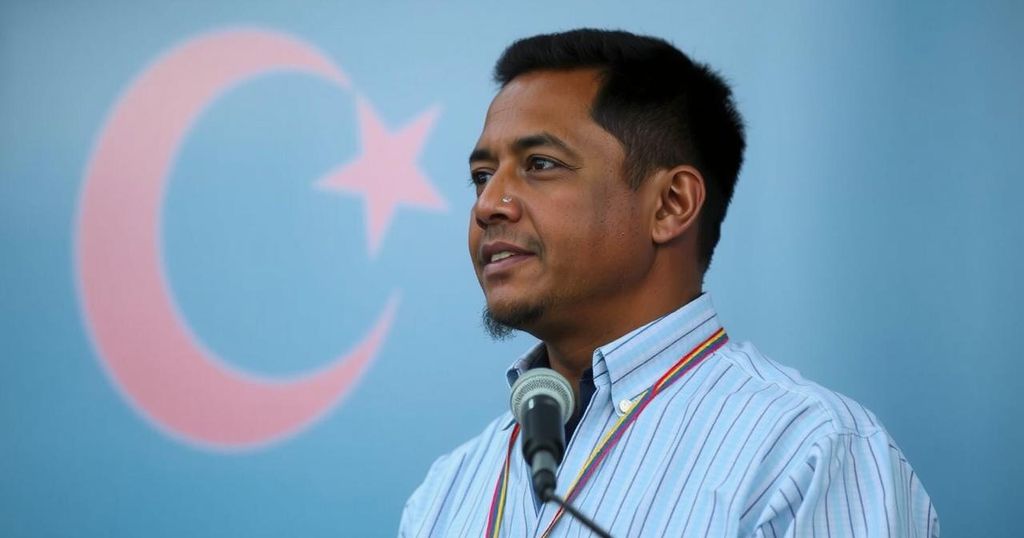The United Nations has reported that Turkey is forcibly deporting nearly 300 Eritrean migrants, exposing them to significant human rights risks. Special Rapporteurs raised concerns about arbitrary detention and torture risks in Eritrea, urging Turkey to cease deportations and improve conditions for detained migrants. The report criticizes the Aydın Repatriation Center’s treatment of detainees, calling for legal assessments of asylum claims.
In a concerning report, the United Nations has accused the Turkish government, led by President Recep Tayyip Erdogan, of forcefully deporting nearly 300 Eritrean migrants, risking their exposure to severe human rights abuses. United Nations Special Rapporteurs raised alarms regarding “alleged arbitrary detention and forcible return” of these individuals, with an additional risk of deportation for another group of approximately 50 Eritreans. They emphasized that such actions by Turkey contravene fundamental human rights principles as outlined in international law and the Convention Against Torture, ratified by Turkey in 1988.
The Special Rapporteurs expressed that deportation to Eritrea could subject individuals to torture and other forms of inhumane treatment, particularly pointing to the country’s indefinite conscription system, which is notorious for forced labor and abuses. The report highlights the plight of deportees, who often face torture and disappearances upon their return to Eritrea. The situation raises significant concerns regarding Turkey’s foreign policy and its implications for human rights.
Furthermore, the UN condemned the conditions at Turkey’s Aydın Repatriation Center, where 50 Eritrean migrants are currently detained. Reports from detainees reveal instances of physical abuse by guards, confinement in excessively hot metal container cells, and denial of medical care. Many detainees also lack legal representation and are barred from contacting their families.
The UN experts urged the Turkish government to immediately cease deportations to Eritrea, enhance detention conditions for migrants, and conduct individual assessments of asylum claims. The response from Turkish authorities to these allegations has yet to be disclosed.
The report sheds light on Turkey’s treatment of Eritrean migrants amid escalating concerns over human rights violations. Eritrea is known for its harsh treatment of returnees, particularly those subjected to indefinite military conscription that may lead to forced labor and severe abuse. Since Turkey has ratified international agreements that protect individuals from being returned to countries where they face harm, its recent deportations raise serious legal and ethical questions. The examination of the conditions within Turkish detention centers adds another layer to the discourse about the rights and welfare of migrants seeking asylum.
The United Nations report exposes grave concerns regarding the forceful deportation of Eritrean migrants by Turkey, emphasizing a breach of international human rights laws. The report’s emphasis on the potential for torture and inhumane treatment upon deportation underscores the urgency for Turkey to reassess its policies regarding migrants. Immediate intervention is needed to improve conditions for detained individuals and to protect the rights of those seeking refuge.
Original Source: www.garoweonline.com






